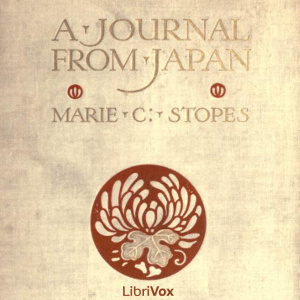Summary
Marie Stopes was a highly controversial scientist and activist in her era, campaigning for radical new views of love-based marriage, birth control, and women’s rights. As a scientist, she was a renowned palaeobotanist, specializing in issues concerning coal; these scientific pursuits led her to spend several years in Japan, where she went into some of the country's remotest coal mines to study fossils. While there, she pursued a notorious relationship with Japanese botanist Fujii Kenjiro as well as several romantic dalliances with European women in the lively Tokyo diplomatic community. She established the first birth-control clinic in England in 1921, committed to an abortion-free philosophy of family planning. Stopes continues to be an ambiguous figure in historical consideration, her family-planning philosophies verging throughout her life on less-savory views such as eugenics and race purification, though the terminology employed at the time makes it unclear whether or not she was merely advocating more careful, consciously-planned, and responsible parenthood. That she rejected fascist views of eugenics is plain by her anti-Nazi passions in later life. These journal entries from Japan cover the period of August 6, 1907 through January 24, 1909, and show both her incisively scientific observational powers and a profound appreciation of the poignant beauty of Japanese culture and sensibilities, which she saw to be under threat during that era of modernization and industrialization. (Summary by Expatriate)
More from Marie Stopes
Authorization
By logging in, you agree to the terms and conditions.














No comments